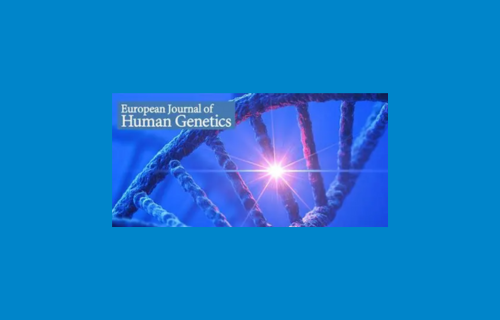What is risk in clinical genetics? Designing and piloting tools to evaluate risk in clinical genetics using failure modes and effects analysis
Tuesday, 28 October, 2025
Share

Congratulations to UCD School of Medicine’s Professor Sally Ann Lynch and her collaborators on their recently published paper in the European Journal of Human Genetics titled, ‘What is risk in clinical genetics? Designing and piloting tools to evaluate risk in clinical genetics using failure modes and effects analysis’.
The team aimed to develop Clinical Genetics-specific risk assessment tools to prospectively monitor risk. A retrospective review of 115 cases with identified adverse events or near misses in Clinical Genetics in Ireland was used to design a process map to define the steps where risk occurs across the patient journey through clinical genetics. The study was funded by Adelaide Health Foundation and administered through UCD.
Abstract
Risk exists throughout medicine. Understanding health system pressure points permits implementation of controls for risk reduction. The literature lacks a systematic approach to risk evaluation in Clinical Genetics. We aimed to develop Clinical Genetics-specific risk assessment tools to prospectively monitor risk. A retrospective review of 115 cases with identified adverse events or near misses in Clinical Genetics in Ireland was used to design a process map to define the steps where risk occurs across the patient journey through clinical genetics. We piloted a clinical audit form using the process map to capture risk event frequency. The draft process map and audit form were trialled (2022–2023) in 5 other European clinical genetics centres for validity and usability, and 2 re-audited in 2024 to assess utility. Using narrative summaries from the case review, we modified the national health risk severity scoring for clinical genetics use. The design of the risk process map, risk frequency audit and severity assessment align with Failure Modes and Effect Analysis methodology. Adverse events occurred in >3% of appointments in 4 of 6 centres (range 0.8–20.3%). High frequency failure modes varied by centre and included consent, sample processing, and patient discussion. Re-audit results reflected interventions introduced since initial audit. We propose these tools provide a standardized approach to discussing systematic risk in clinical genetics, and can be used to prospectively monitor adverse events, allowing controls to be put in place, reducing risk, thereby improving quality of service.
Read the full paper online (opens in a new window)here.